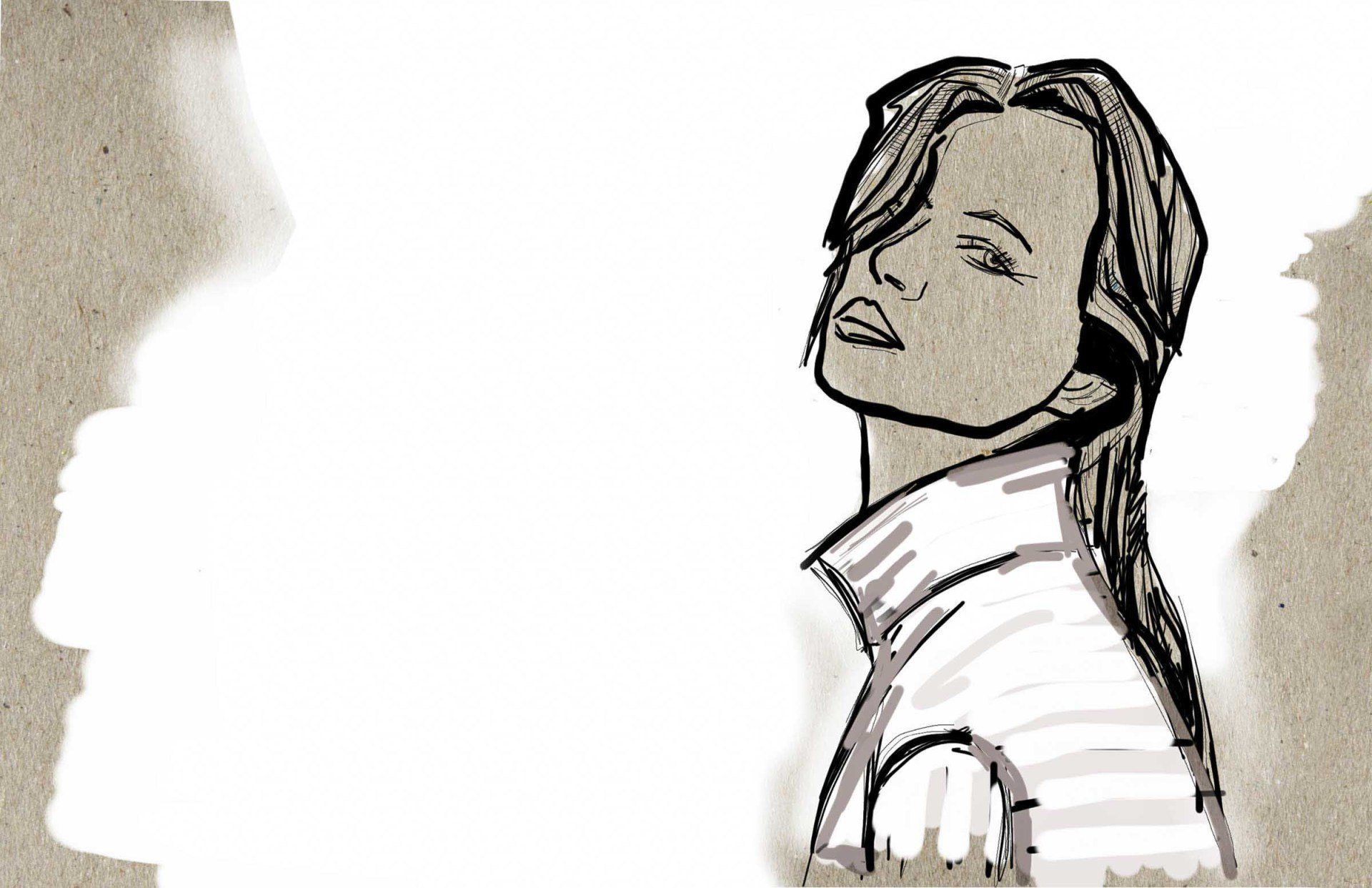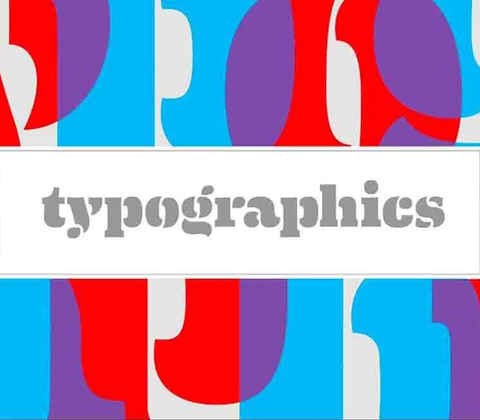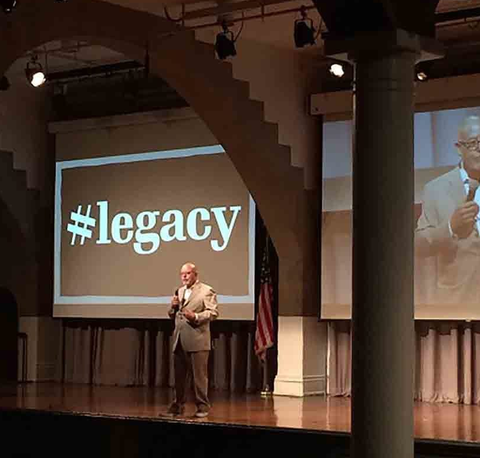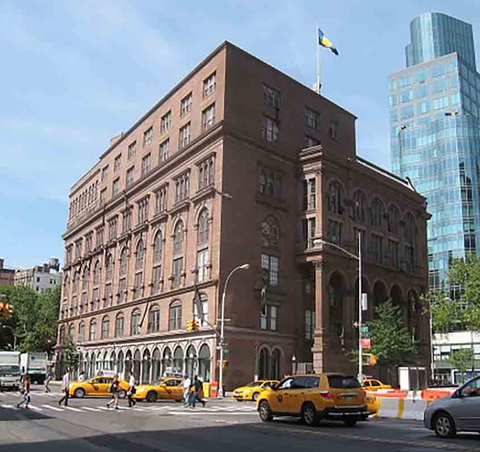The definitive guide to Typographic, New York
Website Editor • Feb 26, 2020
What is Typographics?
Typographics is largely described as a design festival for people who love to use type. This is the second year the festival is happening. It takes place in Manhattan over the span of multiple days. During the festival, attendees can interact with design and typography like never before. There will be talks, workshops, tours and more, all dedicated to the history, present and future of typography. Designers can share and experience multitudes of perspectives on typography and design elements having to to do with type, both digital and in print.
Subject matter for workshops, talks and tours explores all the avenues and worlds surrounding typography that you can imagine. They can include, but aren’t limited to, hand-lettering, Sign painting, calligraphy, font technology, digital publishing, responsive design, the effect of typography on our world, the psychology of typography and more.
Who Are the Speakers?
At this years’ conference, you can expect to hear varying opinions, advice, teachings and perspects from top designers from around the globe, as well as see inspiring examples of their work. The schedule includes speakers from Typologic, Danilo Design Group, Lost Type Co-Op, The Letter Office, Doyle Partners, Google Design, Font Bureau, Memo Productions, IL magazine, Synoptic Office, Cadson Demak, Bloomberg Businessweek, Parsons the New School for Design, and more.
What Should I Expect to Learn?
The 2015 Typographics festival was an enormous success, so it’s being done again this year, bigger and better. The 11-day event consists of workshops and tours focusing on typography. Each speaker will be delivering a talk on their area of passion and expertise. You can expect to be able to learn about topics like:
- the mechanics of reading and on-screen legibility
- problems found in typographic cultures around the world
- how branding affects the public environment
- typography’s expansion on the web in general
- typography for the entertainment industry
- challenging typography convention
- typography in motion
The event is organised by Cooper Union, Herb Lubalin Study Center of Design
and Typography and Type@Cooper.
How Can I Attend?
The conference itself takes place June 17th and 18th. All of the surrounding tours and workshops take place between June 13th and 23rd. Most of the festival is held at The Cooper Union in the East Village. There are 5 different ticket types: Professional, Educator, Student, Small Bundle (5-9 tickets) and Large Bundle (10+ tickets). Tickets are on sale until June 18th.
If you can’t attend personally, the entire conference will be photographed and professionally live streamed, so you can enjoy the content from the comforts of home.
If you attend the conference, you will receive a 10% discount on Type@Cooper’s workshops and tours. Titles include “Making Faces (& Other Emoji)”, “Sign Painting”, “Type Design for None-Type Designers” and so much more. Just make sure to check for the discount code on your PDF conference ticket and use it to register.
Articles
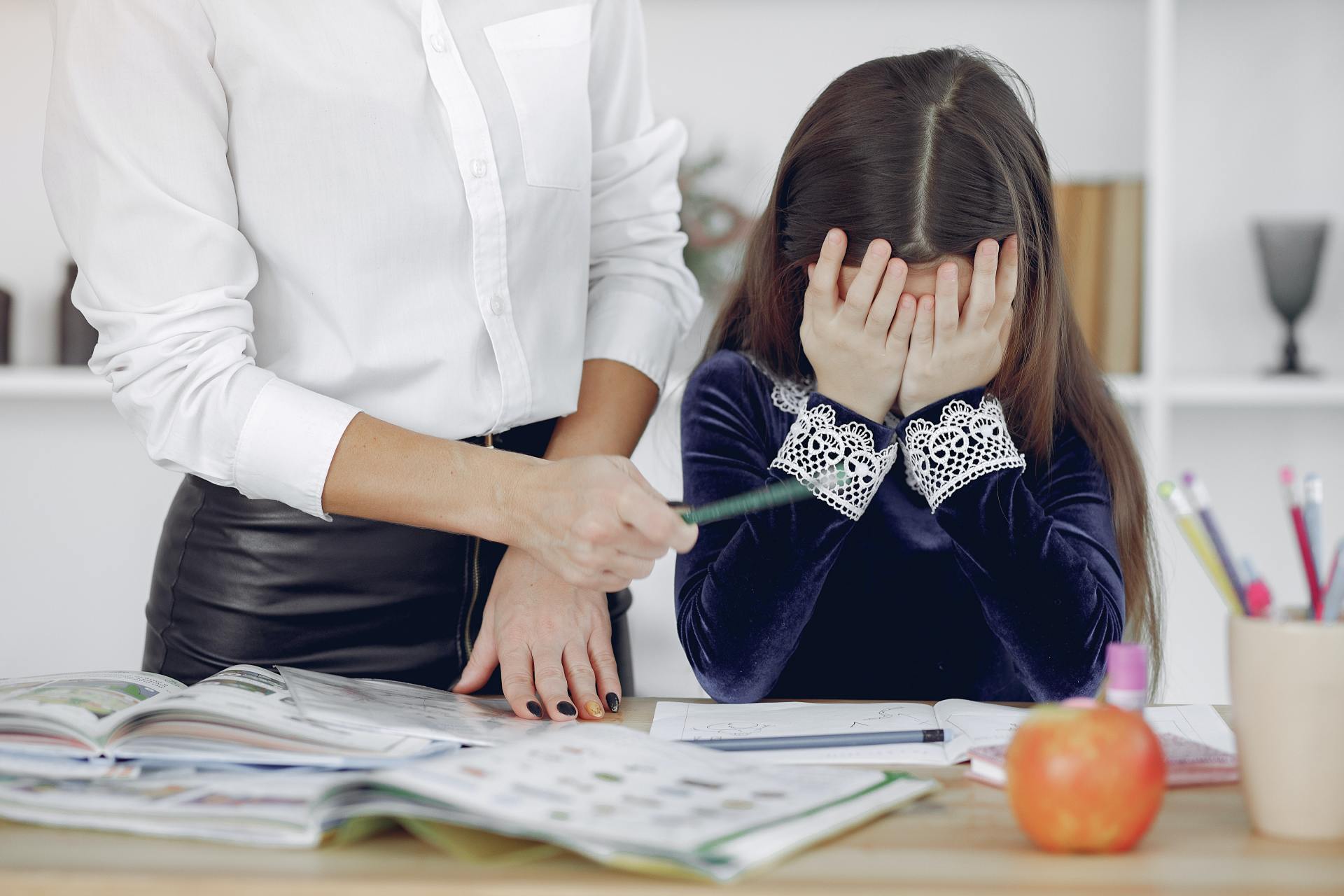
The United Nations has described the disruption to education caused by the pandemic as ‘unparalleled’. At the virus’ worldwide peak in April, it is estimated that over 90% of all enrolled learners, from kindergarten to bachelors and beyond, had their education affected by school closures and the pandemic (UNESCO). For many university students and older children, they have had to adapt quickly to online learning. They can keep in touch with their peers and teachers online and continue their studies, albeit in a highly modified way. As challenging as this may be, this experience will help equip them for a future that is increasingly online. For parents of younger children, they are assuming a new role: their child’s home school teacher. This is in addition to their usual childcare and household duties, their work responsibilities and often emotional and financial worries caused by the pandemic. Stressful? Yes. The good, and somewhat surprising, news? The experts advise that you don’t teach your children - at least not in the way you might expect.
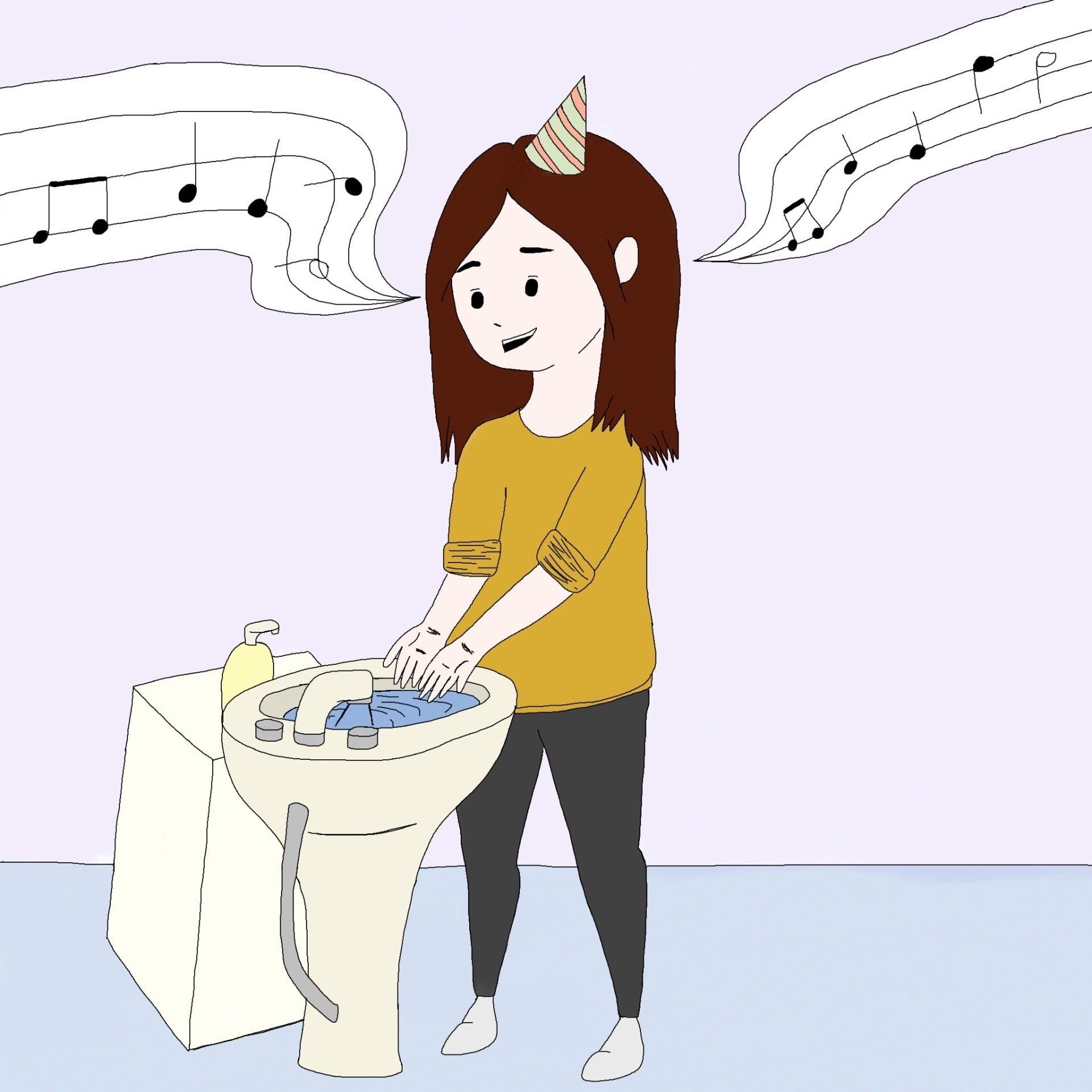
If the recent outbreak of Covid-19 has taught us anything, it's that many adults do not wash their hands effectively. It has never been more important that we support our children to develop good personal hygiene to keep themselves and our families safe. This seemingly easy task can be very difficult for children with fine motor skill difficulties. In this article, we explore some ideas to support your child with hand washing.
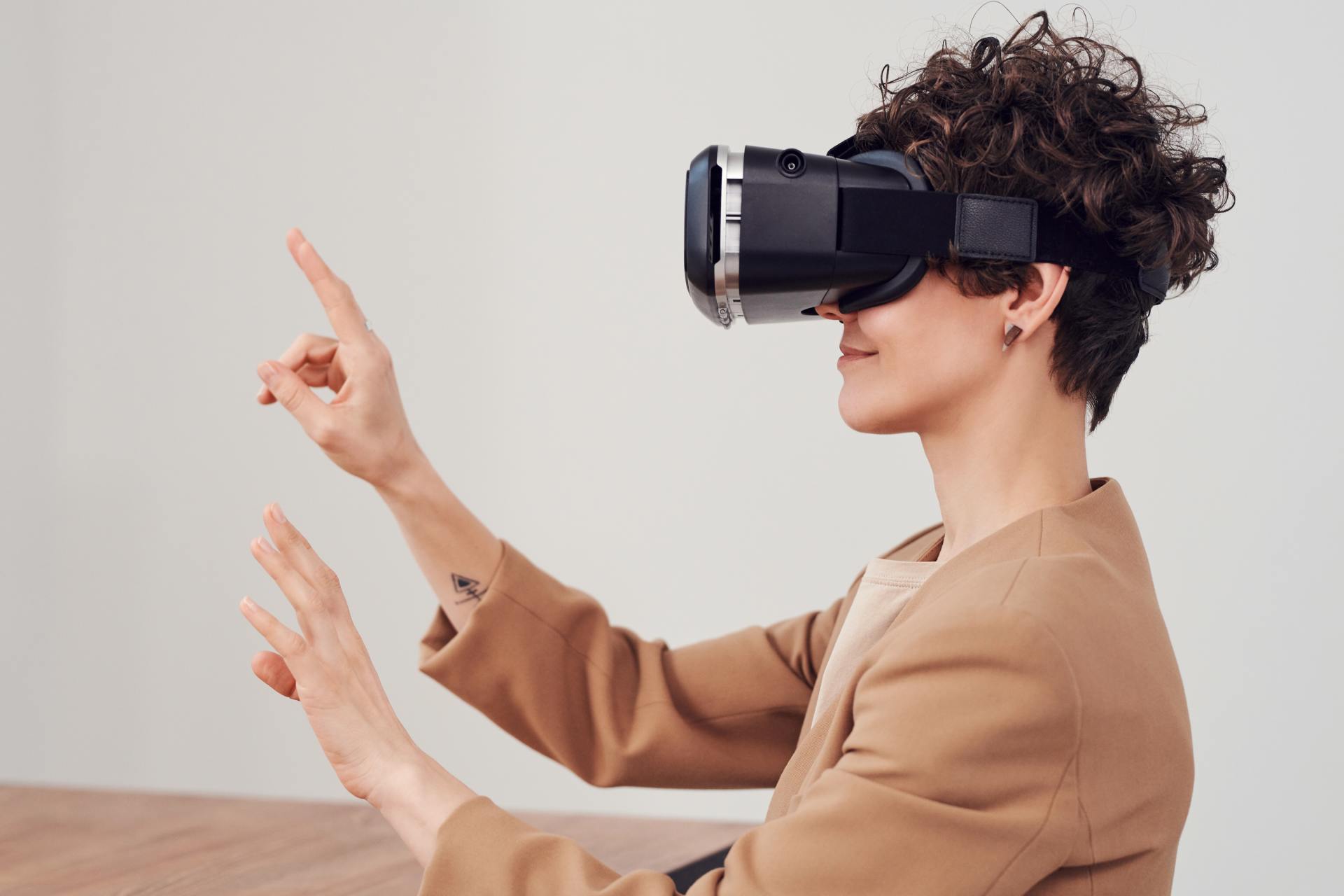
Lockdown has brought the digital future into the now. Online shopping, entertainment, education and more have moved from the periphery to the mainstream to, in many cases, the only option. With the necessity of social distancing looking to continue for many months, it appears that this rapid digital revolution is here to stay. This means that life as we know it, in most of its sectors, has changed forever. In order to survive, businesses are having to adapt rapidly, embrace technology and look to the future. Architecture is no exception. There has been a widespread adoption of technology and VR over the past few months in response to the lockdown across all of society. Elderly grandparents who were once resistant to adopt new technologies talk of “Zooming” and have started video chatting with their family members to combat loneliness. Art galleries that were once considered stuffy or pretentious are now pioneers in VR technology, with Google Art & Culture offering tours of London’s National Gallery or the Musee D’Orsay in Paris. These virtual tours deliver art in a dynamic new way that can be far more engaging than regular photos. Critics have applauded the panoramic and immersive views of gallery building and exhibitions which work well for rendering of 2 dimensional art, however impressions of sculpture is somewhat lacklustre. With VR technology, users can enjoy a truly immersive experience in the comforts, and safety, of their own home. The COVID-19 pandemic has served as an accelerant for the arts and entertainment industries to embrace VR.


